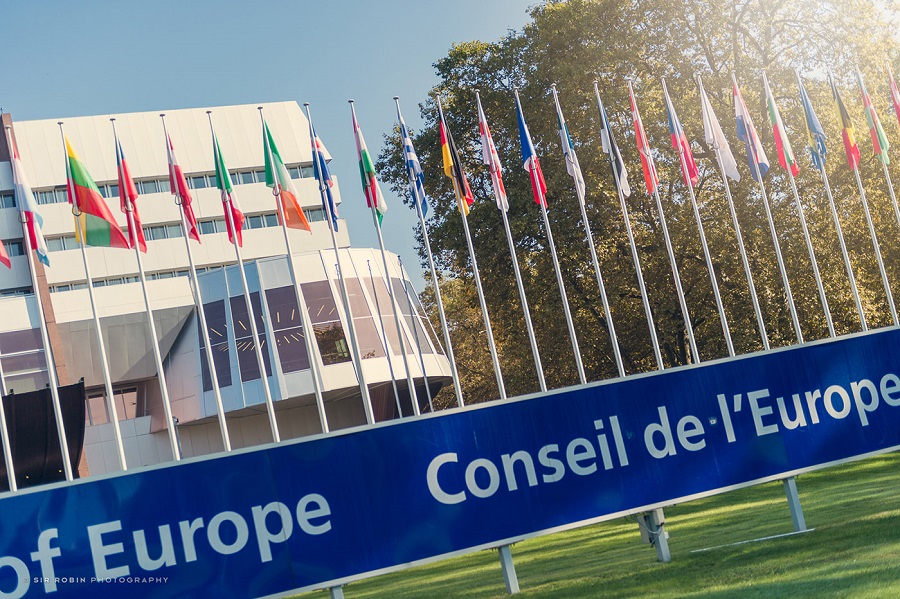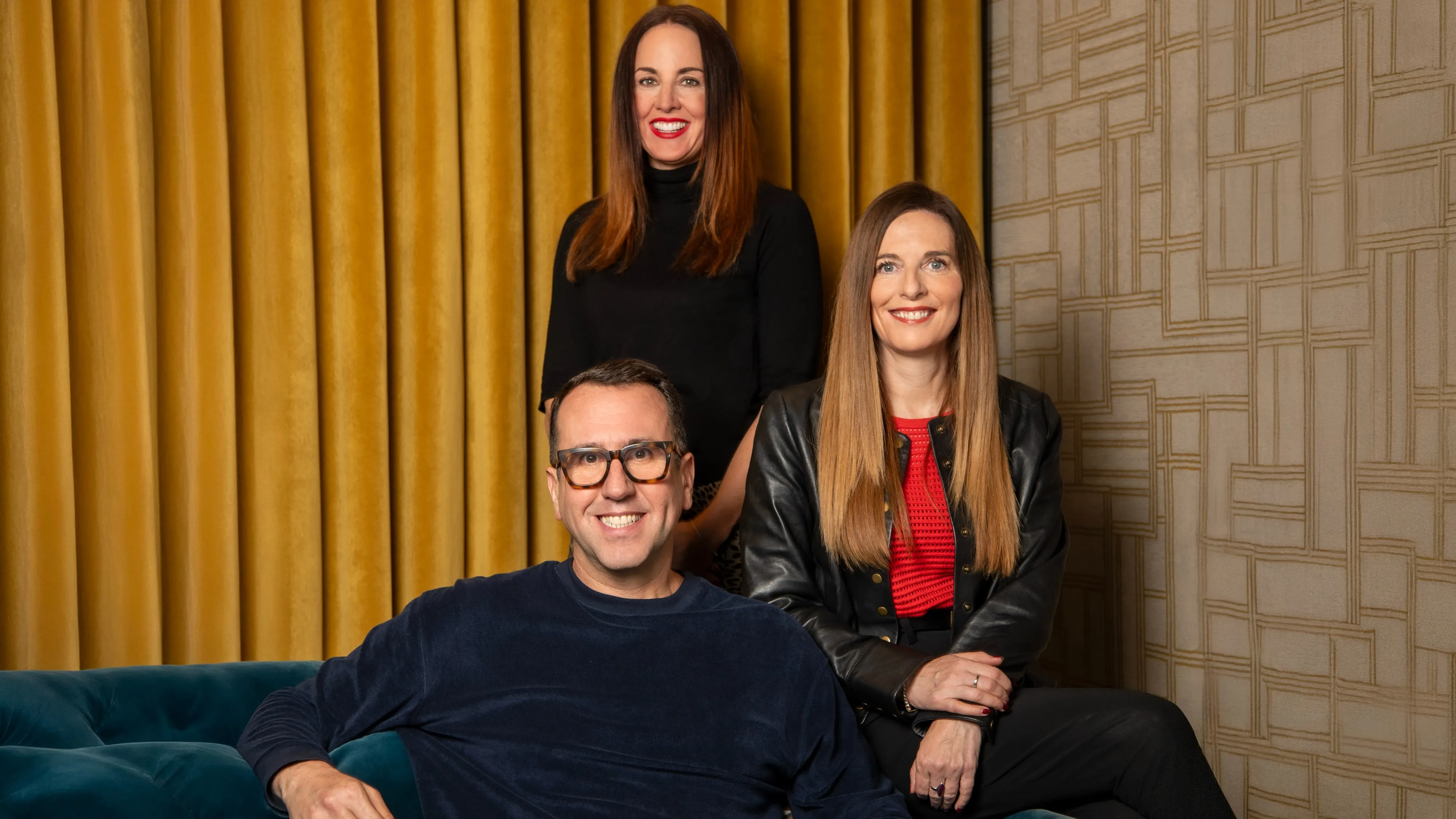Copyright Arkansas Online

November is National Family Caregivers Month, a time to recognize the contributions caregivers make to our communities and our economy. Child-care providers and early educators do one of the most important jobs there is: Help ensure the next generation grows up healthy, happy, and strong. Affordable, accessible child care is also essential to a thriving economy. When families can find and afford child care, parents--especially mothers--are better able to stay in the workforce, which strengthens businesses and communities. But here in Arkansas and across the country, child care is too expensive and too scarce. More than half of rural Arkansas qualifies as a "child-care desert." And on average, Arkansas families spend more than a quarter of their income (26 percent) on the highest-quality full-time infant care, more than three times the federal threshold for affordability. People tend to spend a lot of time talking about child-care providers, but not enough time talking to them. That's why United WE partnered with the University of Arkansas Office of Education Policy to release a new study amplifying the voices of Arkansas child-care providers. We asked the true experts--people doing this work every day--what they need to keep their doors open and serve more families. What we heard was clear: Providers are both under-paid and over-regulated. While some child-care licensing rules are important to protect health and safety, others are duplicative, burdensome, or just plain outdated. It's a combination that makes it harder for providers to stay in business and puts child care further out of reach for families already struggling to make ends meet. While reducing reliance on federal funding is critical, providers also identified practical ways to make their jobs easier--changes that don't require massive spending. Small providers in particular face background-check delays, portal inefficiencies, and high compliance costs. And while many praise their licensing specialists and peer networks, they also call for greater consistency and clearer guidance across agencies. Duplicative inspections are a major pain point. Providers often must meet both state licensing and local zoning, fire, and health requirements, sometimes checking the same boxes multiple times. This duplication creates unnecessary paperwork, delays, and confusion. In some cases, the steps are even out of order: Providers may need proof of insurance to get a license, but can't obtain insurance until they have that license. Arkansas should also consider expanding promising initiatives like Growing Opportunities for Family Child Care (GOFCC), which supports family child-care providers in underserved rural areas. Along Arkansas 59 from Siloam Springs to Sulphur Springs, the program provides training, technical assistance, and financial support to help family child-care homes get licensed and thrive. Scaling up that model could help fill gaps across the state. The research also points to models worth emulating. Indiana developed an online portal allowing providers to apply for and track their licensing digitally, cutting paperwork and improving transparency. Tennessee created regional collaborative teams of state licensing agents, local officials, and providers to streamline approvals and problem-solve together. And in New Mexico, voters approved a constitutional amendment directing money toward early childhood and education programs, paving the way for the state to become the first in the nation to offer free universal child care for nearly all families. Thanks to the efforts of Gov. Sarah Huckabee Sanders and legislators like Sen. Breanne Davis, Arkansas has made commendable progress toward prioritizing early childhood education. As a result of the 2023 LEARNS Act, revised child-care licensing guidelines are under review by the Arkansas Office of Early Childhood and expected to be submitted for public comment in the coming months. Right now, Arkansas has the opportunity to build on this momentum with simple cost-effective steps to help the people who make all other work possible: child-care providers. Listening to them is the best place to start. Wendy Doyle is president and CEO of United WE, which has been breaking down barriers to women's economic growth and leadership since 1991.



